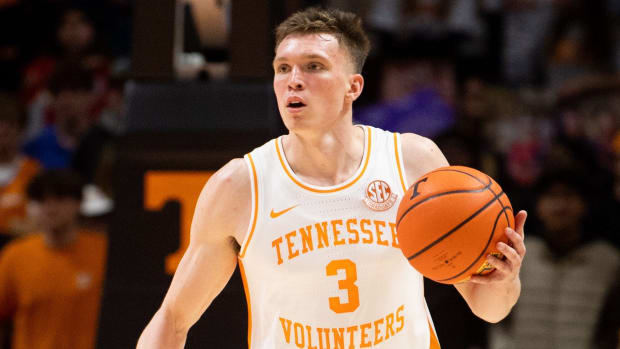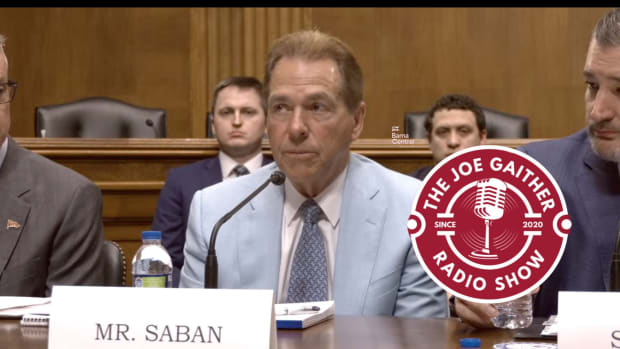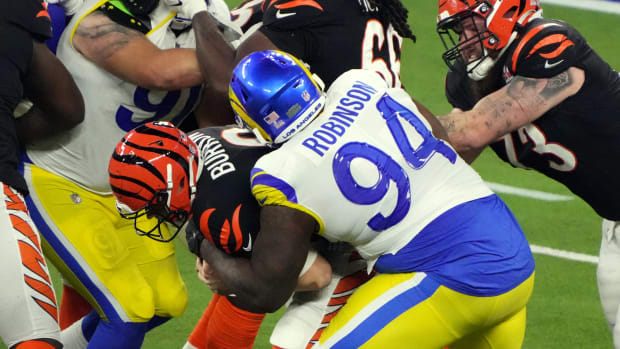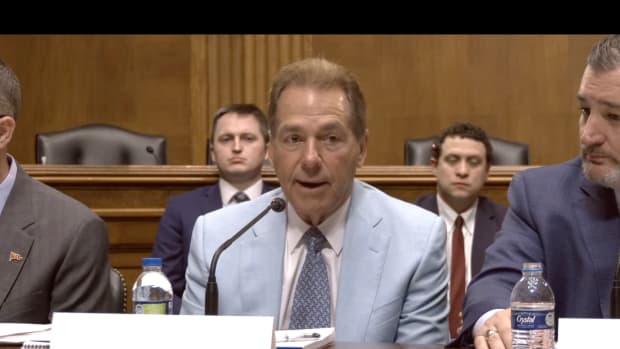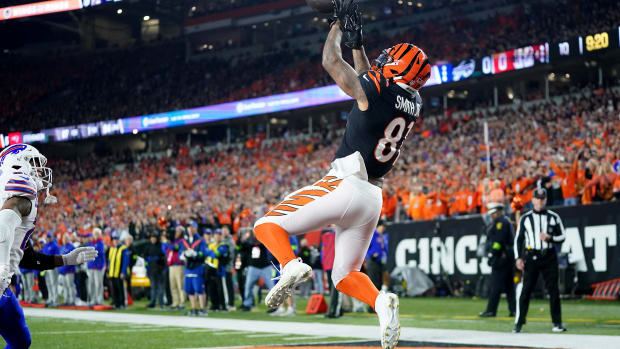The Next 100 Days May Be The Biggest Challenge in College Football History
We're exactly 100 days from the start of Alabama's scheduled season, and the Crimson Tide's biggest challenge is at hand.
Actually, it's the biggest challenge college football has ever had.
Last Friday, the Southeastern Conference announced that it would allow athletes back on campus effective June 8, with the aim of hopefully resuming sports in the fall.
This is just for workouts. There are no team activities allowed and players can't work with coaches yet.
Meanwhile, schools are telling us that it’s not safe for either the faculty or the students to be on campus. Allowing athletes and coaches to do exactly that is the equivalent of wading into a river. It's risky because no one can tell what's under the surface.
Let’s be clear, the motivating force here is money, which makes this a dangerous game all the way around.
It wasn’t long ago that the precursor to any of this happening was widespread testing. However, if you look closely at what the SEC is implementing, that’s not going to happen.
Specifically, the SEC announced:
- A 3-stage screening process that involves screening before student-athletes arrive on campus, within 72 hours of entering athletics facilities and on a daily basis upon resumption of athletics activities
- Testing of symptomatic team members (including all student-athletes, coaches, team support and other appropriate individuals)
- Immediate isolation of team members who are under investigation or diagnosed with COVID-19 followed by contact tracing, following CDC and local public health guidelines
In other words, players and staff members will be checked, not necessarily tested, when they first arrive, and then only if they show symptoms.
One of the many problems with this is people carrying the coronavirus, and spreading it, often don’t initially demonstrate symptoms.
So why won’t everyone be regularly tested?
Again we’re back to money.
This is the primary issue with the pro leagues and negotiating their eventual return.
Earlier this week, the NHL announced plans to start the Stanley Cup Playoffs in two hub cities this summer. Part of the agreement with the players’ association is that everyone will be tested at least twice per week when returning to team facilities.
When competing, the athletes will be tested daily.
According to commissioner Gary Bettman, the NHL will require 25,000 to 30,000 tests to return to play, which will cost “millions of dollars.”
An NHL roster is made up of 20-23 players. Factor in coaches and the entire support staffs and you’re talking about 50 people who will need to be regularly tested.
For college football you’re talking about a couple of hundred people for a season that lasts months, and they’re not being isolated. That’s a lot of people who will be still around family members, etc.
You look at a program like Alabama, which has a top-notch support staff across the board, and you know Nick Saban will do everything he can to protect his players.
But you can't say that about the Crimson Tide's opponents.
Consequently, contingency plans will need to be made for everyone.
Consider these four scenarios alone:
• A reserve offensive lineman tests positive. What do you do with everyone else who has been in the same room with him for position group meetings?
• A walk-on quarterback spikes a fever and can't get out of bed. Do you quarantine all of the other quarterbacks?
• A strength coach who has been around everyone tests positive. What's the protocol? How about other support personnel like the trainers, nutritionists, equipment managers, ... ?
• A coach gets it.
What do you do if any of this happens in the middle of the season?
Even if every team takes all possible precautions, including masks, social distancing, regular disinfecting and playing in empty stadiums, it all may still not be enough.
We don’t know, though.
For college sports to even have a chance to return the schools have to prepare to play, which takes months, so for now there's not much risk. That'll change though with each step.
Meanwhile, here in Tuscaloosa the number of confirmed coronavirus cases has more than doubled over the last two weeks alone.
This isn’t to say that it won’t work, or that college football can’t return this fall. Having athletes return to campus in two weeks is a sign of hope and optimism, both of which have been in short supp.
But everyone has to tread very carefully. We have a long way to go and for it to even have a chance everything has to go right.
